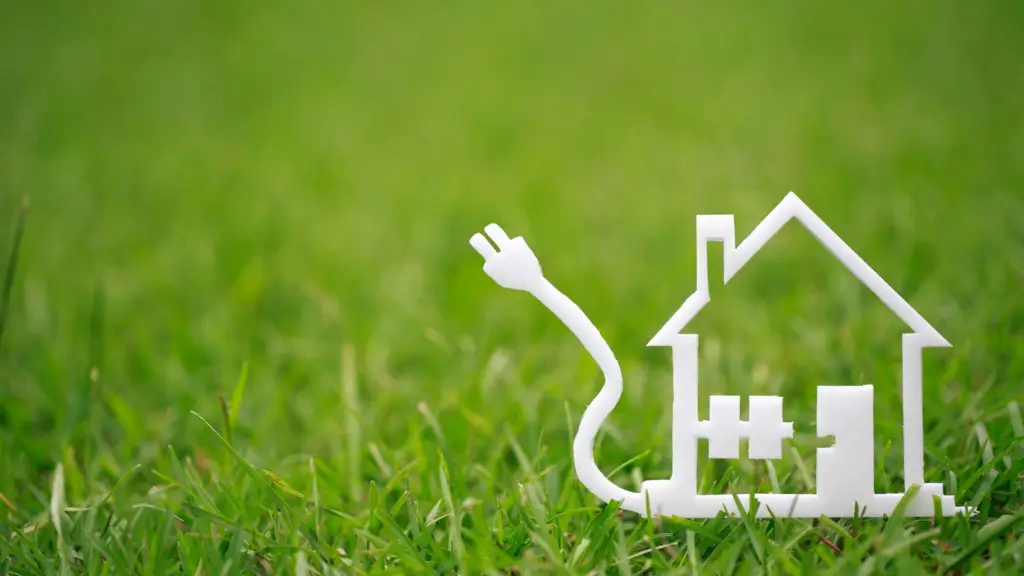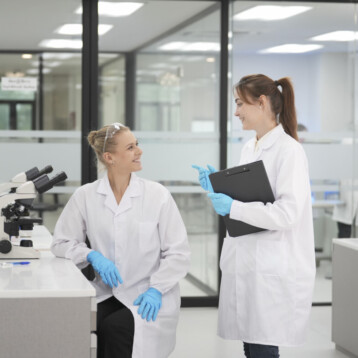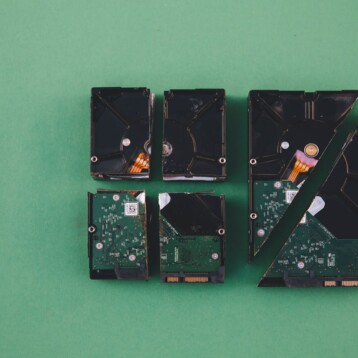
Perhaps you’ve watched David Attenborough’s A Life on Our Planet Netflix show or found yourself spending more money on energy bills during lockdown? Or maybe you’ve genuinely decided to take an interest in reducing your carbon footprint in order to help protect our planet. Regardless of the reasons behind your change of ways, perhaps you’re not even at that pivotal point yet. We wanted to highlight some modern green technology that anyone can use in their home. Whether you’re looking for products that promote sustainable gardening to produce more of what we consume, or you want to install the latest energy-saving gadgets, keep reading to find out more.
If you have smart systems set up, you’re already making considerable changes, and perhaps a few more switches can help you become even more efficient when using energy. Not to worry if you don’t have the latest technology installed as you can look to add it throughout your home or move to a property where it’s already included in the future.
Home Energy Management Technology
We use a lot of energy at home, so it’s important to figure out where we use the most energy so we can look at ways to reduce it. A home energy management system will help monitor your usage so you can make informed decisions about minimising how much energy your home uses in the future. Reducing the amount of power you use will help you save money on energy bills, and more importantly, it will help protect the environment.
Home energy management technology works with smart homes and smart grids as part of modern-day green home systems to make for a more sustainable way of living. Simpler systems are available to track single outlet energy use, or you can opt for full monitoring to cover all smart meters in your home, which will track your energy usage in each room down to the day and the device that is being used. From here, you can find out where you may be using unnecessary energy and work to start reducing this. With smart technology, some systems will send details directly to your smartphone, allowing you to monitor and control outlets straight from your pocket.
Many modern developments have green technology already installed as property developers, and real estate agents recognise the tenant demand for more sustainable and positive effects on the environment. Property investment company RWinvest promote a range of UK properties equipped with the latest smart technology, and many other companies are following in their footsteps.
Programmable Thermostat
People that have programmable thermostats can save up to 20 per cent on their energy bills. If your someone who forgets to turn the heating or air conditioning off, it might be worth investing in one of these thermostats to control your heating, ventilation, and air conditioning (HVAC) for you. You can set the thermostat to heat or cool the house when needed, which may save you a fortune in the long-term.
If you want to go one step further, you could consider switching to a smart thermostat as a fully automotive system that does all the hard work for you when it comes to managing the energy in your home. This sustainable technology can connect your power sources and distribute energy effectively to reduce bills further and combat climate change. As previously mentioned, smart home systems allow you to connect power outlets with the aim to reduce energy and water waste in properties, which can all be controlled via a smartphone. One of the most favoured examples of automated products is smart lighting as so many of us forget to switch the lights off when we leave the house, wasting a significant amount of electricity.
Solar Panels for Electricity
Finally, if you have the money to spend, then modern solar panels can be fitted to your existing roof in order to generate electricity. Contractors can add more traditional looking solar panels or use new solar shingles which blend into your roof tiles, powering some or all of your home’s power. Companies are busy working on the future of solar power energy for it to become the cheapest resource. In the UK, a professor at the University of Warwick is working on organic solar cells, which could have a huge impact on climate change. The materials used by the professor provide an alternative to fossil fuels and current solar panel expenses, providing a more cost-effective way to conduct light into electricity.










